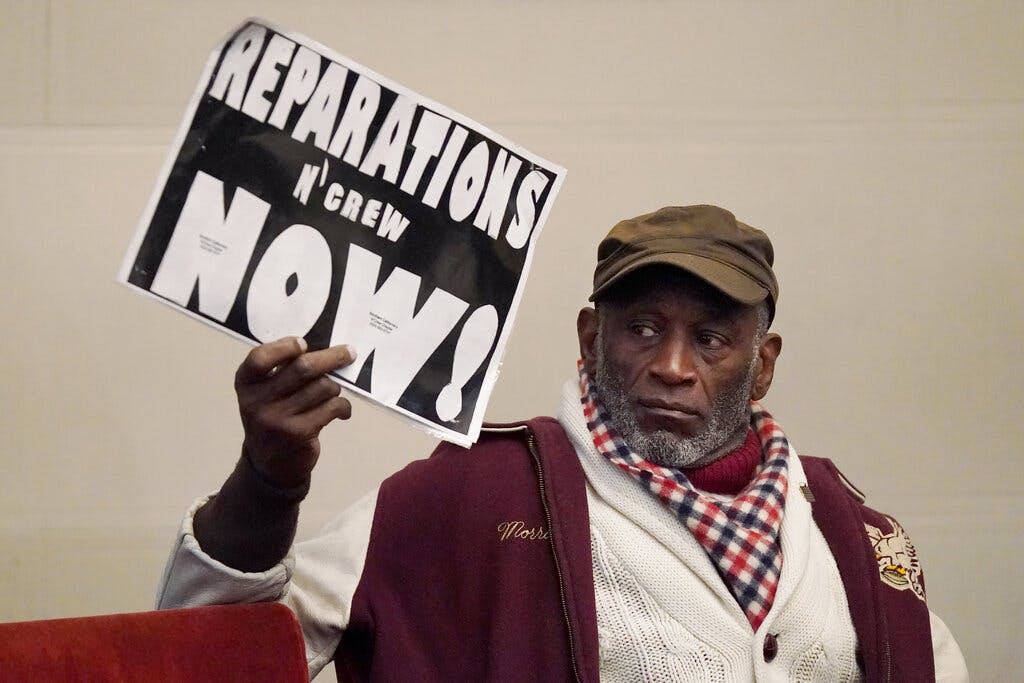
The GOP Will Beat History in the Midterms by Sticking to Its America-First Values
By LAWRENCE KUDLOW
|Reparations are ‘essentially just affirmative action with a different label,’ one attorney tells the Sun, and the Supreme Court’s precedent is providing an ‘immense amount of momentum’ to future legal challenges.

Already have a subscription? Sign in to continue reading

By LAWRENCE KUDLOW
|
By MATTHEW RICE
|
$0.01/day for 60 days
Cancel anytime
By continuing you agree to our Privacy Policy and Terms of Service.
By LUKE FUNK
|